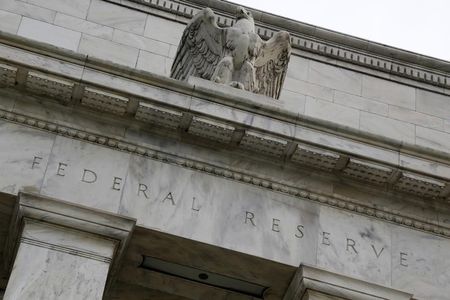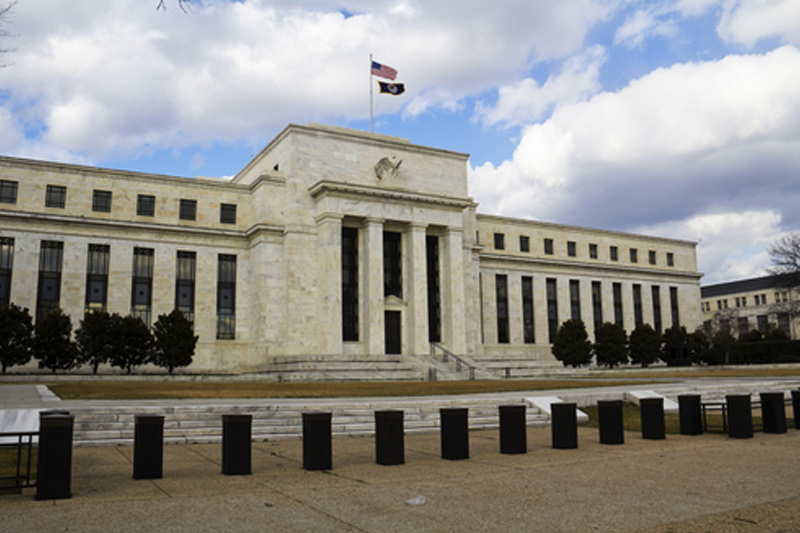ASHEVILLE N.C. (Reuters) - The Federal Reserve must ensure that inflation expectations in the United States do not drift from a 2-percent target, a hawkish Fed official said on Thursday, even while he said no such drift appears to be underway.
Richmond Fed President Jeffrey Lacker said he expects inflation to "gradually converge" toward target, a comment perhaps meant to push back on some of his more dovish colleagues who have raised concerns about softer recent price readings.
"There are no signs that business and consumer expectations for future inflation have drifted away from 2 percent," Lacker, who has long warned of the risks of overly accommodative monetary policy, said in prepared remarks.
"Monetary policy must ensure that we never see such a drift in expectations materialise, for if it does, it will have been too late," he told the Asheville Regional Forum.
The Fed has held its key interest rate near zero since late 2008 to battle the recession and spur recovery. Given a sharp drop in U.S. unemployment it expects to tighten policy around the middle of next year, though Fed Chair Janet Yellen and other policymakers still want to see more Americans return to the workforce.
Lacker, who is anxious to tighten policy sooner, cited Richmond Fed research measuring a "non-employment index" that found that the unemployment rate is still a reliable gauge of so-called slack in the labour market.
"There is more underutilisation than captured by the unemployment rate, but there always is, and there seems to be no more now than is typical when the unemployment rate is where it is now," he said.
The comments suggested he wants the Fed to drop a dovish reference to a "significant underutilisation" of labour resources in its current policy statement. Such a reference nods to stagnant U.S. wages and implies that the labour market has more room to improve before inflation starts to rise.

Lacker, who does not have a vote on policy this year, said he expects gross domestic product growth in the range of 2-2.5 percent, whith about 1 percent labour productivity growth. He said growth was "unlikely" to breach 3 percent.
(Reporting by Jonathan Spicer; Editing by Chizu Nomiyama)
